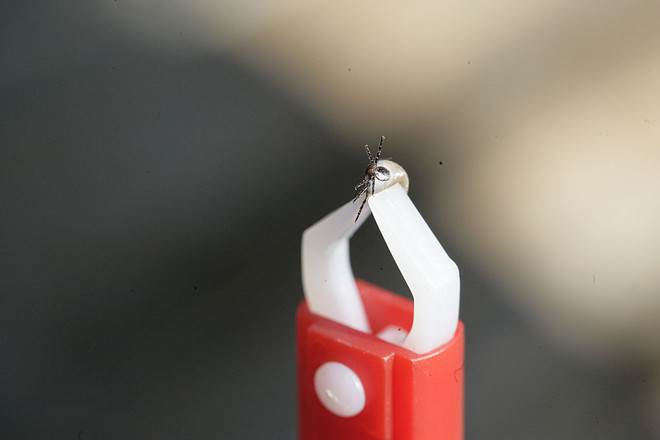Woman's Day prepared for you a reminder of what tick-borne encephalitis is and whether to vaccinate a child. Photo: Getty Images
Photo: Getty Images
What is tick-borne encephalitis?
Encephalitis is a group of diseasescharacterized by inflammation of the brain.It is divided into primary and secondary (against the background of any disease). Primary is epidemic, tick-borne, mosquito, enterovirus, herpes, etc. Secondary occurs against the background of influenza, measles, brain abscess, osteomyelitis, toxoplasmosis and other diseases. By origin, infectious, infectious-allergic, allergic and toxic encephalitis are also distinguished. Tick-borne encephalitis is a primary viral encephalitis of a seasonal nature (spring-summer). The main carrier of the virus is ixodids living in the taiga and forest areas. The virus enters the human body after being bitten by an infected tick, sometimes through the alimentary route (when consuming milk and dairy products obtained from infected goats and cows). The incubation period is from 8 to 20 days in case of a tick bite and from 4 to 7 in case of alimentary infection. The onset of the disease is usually acute. The main symptoms are:
- increased intracranial pressure,
- Strong headache,
- body temperature 39-40 ° C,
- convulsions,
- impaired breathing,
- photophobia,
- vomiting,
- paralysis,
- possible fatal outcome.
Where do ticks live?
Infected with encephalitis ticks live in practicein the entire forest and forest-steppe zones of Russia. They are especially aggressive in the Far East, the Urals, Siberia and Karelia, as well as in the Ivanovo, Pskov, Yaroslavl, Kostroma, Perm and Leningrad regions. Photo: Getty Images
Photo: Getty Images
How do vaccinations work?
Modern vaccines contain inactivatedvirus. Vaccines do not contain live virus. After vaccination, the immune system recognizes viral antigens and learns to fight the virus. The cells of the immune system then begin to produce immunoglobulins (antibodies). They immediately block the development of the virus as soon as it enters the body. To maintain the protective concentration of antibodies, it is necessary to administer several doses of the vaccine. The effectiveness of the vaccine is assessed by the concentration of immunoglobulin in the blood.Read also: Protection against tick-borne encephalitis appears two weeks after the introduction of the second dose of the vaccine









